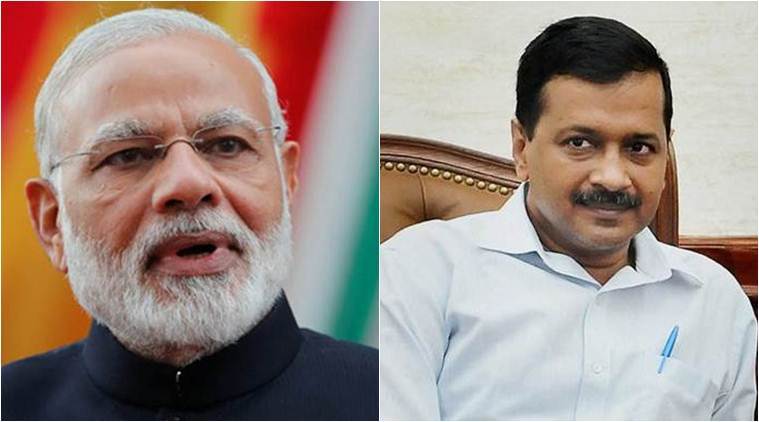
The FIR was filed at the North Avenue police station following a complaint about objectionable content targeting the Prime Minister and Home Minister. The alleged videos, posted on January 10 and January 13, utilized AI deepfake technology to superimpose the faces of Modi and Shah onto characters from a 1990s Bollywood film, altering the audio to discuss the upcoming Delhi elections.
An officer involved in the investigation stated that after analyzing the complaint, an FIR was registered, and a probe has been initiated into the matter.
In response, AAP issued a statement dismissing the FIR as a standard tactic employed by the Bharatiya Janata Party (BJP) as elections approach. The party accused the BJP of diverting attention from real issues concerning the public by filing false cases. AAP further alleged that the BJP is likely to target Chief Minister Atishi and senior leader Manish Sisodia with arrests and raids as part of a political vendetta.
The statement also criticized the selective use of power, claiming that no FIRs have been filed against BJP leaders allegedly involved in illegal activities such as manipulating voter lists by adding fake entries and deleting genuine voters, or attempting to buy votes through cash and gifts. AAP contended that this abuse of state machinery exposes the BJP's fear of AAP's growing popularity and commitment to public welfare.
This incident is not the first time AAP has faced criticism for using doctored videos in its campaigns. In December 2024, the party shared a manipulated video featuring actor Pankaj Tripathi, originally part of a public awareness campaign by the National Payments Corporation of India (NPCI) against UPI scams. AAP altered the video to depict Tripathi campaigning against the BJP, leading to backlash from netizens and subsequent deletion of the video.
The use of AI-generated deepfake technology in political campaigns raises significant ethical and legal concerns. Deepfakes, which involve altering videos or images to make it appear that someone has said or done something they have not, can be used to spread misinformation and deceive the public. The deployment of such technology in political discourse can undermine democratic processes by distorting the truth and manipulating voter perceptions.
Legal experts note that the use of deepfake technology to defame or misrepresent individuals can lead to charges under various sections of the law, including those related to defamation, forgery, and cybercrime. The current FIR against AAP may involve sections pertaining to these offenses, though specific details of the charges have not been disclosed by the police.
As the Delhi Assembly elections draw near, the political climate is becoming increasingly charged, with parties employing various strategies to sway voters. The BJP's filing of an FIR against AAP over the AI-generated videos indicates a heightened sensitivity to the use of digital media in election campaigns. Meanwhile, AAP's dismissal of the FIR as a diversionary tactic suggests that the party views this move as part of a broader political strategy by the BJP to counter AAP's influence in the capital.
The Election Commission of India has previously issued guidelines regarding the use of social media and digital content in election campaigns, emphasizing the need for authenticity and adherence to ethical standards. The current controversy underscores the challenges faced by regulatory bodies in monitoring and controlling the use of advanced technologies like AI in the political arena.
